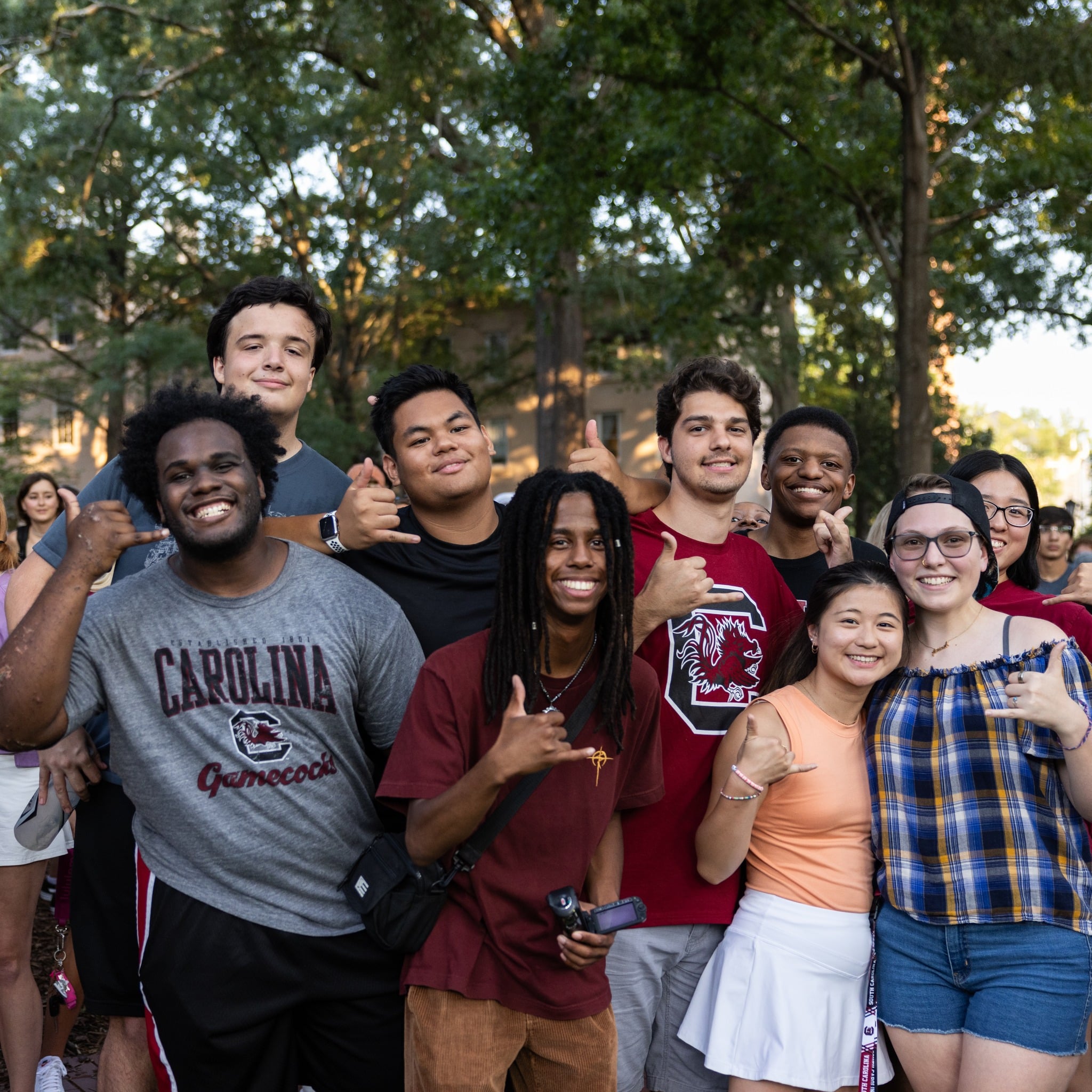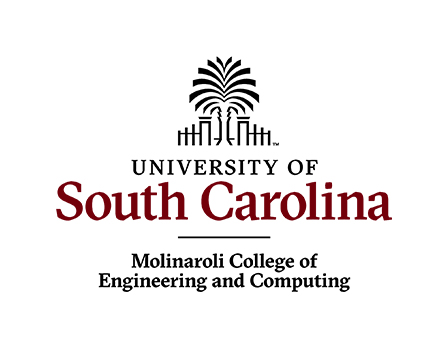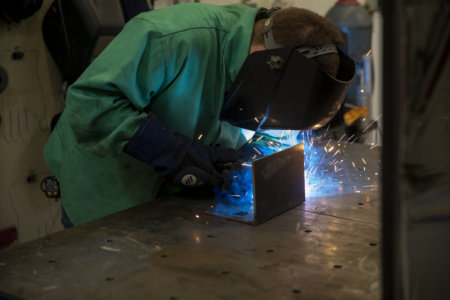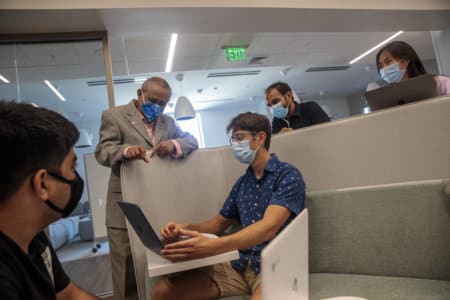Chemical engineering graduate student Pongsarun Satjaritanun‘s journey from struggling with chemistry concepts to being named a national award recipient by the Electrochemical Engineering Society is truly inspiring. Reflecting on his past, he says, “I failed my basic chemistry class when I was an undergraduate student because many concepts in chemistry, including electrochemistry, were very difficult for me to understand.”
Today, he finds the subject captivating. What brought about this transformation?
“In 2015, I conducted research with the Department of Chemical Engineering as an exchange graduate student from Chiang Mai University, Thailand,” Satjaritanun says. “I collaborated with undergraduate and graduate students as well as with professors in several research fields. It was a great experience to work with qualified personnel in a great university.”
Satjaritanun’s story is another example of how the University of South Carolina (USC) College of Engineering and Computing (CEC) gives students the right start to go on to do big things. USC was established in 1801 and is renowned for its dedication to academic excellence, groundbreaking research and fostering strong community relationships. Classified as an R1 university by The Carnegie Foundation for its “very high research activity,” USC has also earned the prestigious Elective Community Engagement Classification — a recognition of its strong community ties.
USC aims to disseminate knowledge, enrich cultures and improve overall quality of life. This commitment is matched by its dedication to establishing a vibrant and welcoming environment where students are encouraged to thrive academically and grow as individuals.
Within this educational haven lies the CEC, home to the Department of Chemical Engineering. The department combines cutting-edge research that is advancing energy, materials and medicine with excellence in education. This creates a dynamic atmosphere where students can learn and discover alongside leaders in the field.

Source: University of South Carolina
The graduate programme is ranked amongst the country’s top 30 by the National Research Council and 14th in federally funded chemical research and development by the National Science Foundation. Graduates of the programme can tackle advanced projects and transition seamlessly into roles within research and academia. Whether aiming to lead advanced research endeavours or impart knowledge through teaching, students gain interdisciplinary skills to excel in various professional pathways.
The doctoral (Ph.D.) programme places a strong emphasis on research, serving as a stepping stone to esteemed faculty positions and influential research roles in industries and government laboratories. For those inclined towards practical applications, they can pursue the practically oriented Master of Engineering (M.E.) programme, while those interested in research can undertake the Master of Science (M.S.) with a thesis.
Core courses, including chemical process analysis, advanced chemical engineering thermodynamics, advanced fluid flow analysis, and advanced mass transfer, form the foundational knowledge of the graduate programmes. Students can tailor elective courses to align with their specific interests. This lets them strengthen their technical expertise or gain further insights into project management and entrepreneurship.
The faculty, which is at the forefront of fields including energy, advanced materials, manufacturing, environmental solutions and medicine, gives students insights into discoveries that improve lives and the world. Faculty members tackle issues of national and international significance, resonating with consumers, industries, and governments. Their research strengths include biomedical engineering, catalyst design and evaluation, computational modelling and molecular engineering, electrochemical engineering, and materials and separations.
As chemical engineering continuously evolves, adapting to emerging technologies and advancements is crucial to staying at the forefront of the discipline. It’s something the department does brilliantly.
“The faculty constantly engages with the latest literature and collaborates with industry partners. This proactive approach ensures that both teaching and research remain aligned with the ever-evolving landscape of chemical engineering,” says Research Professor Armin Ebner.
Experiential learning is just as important here. Various programmes are conducted to enrich academic journeys. Students have the opportunity to attend conferences to showcase their work and network with international peers and industry experts. They’re also involved not only in their individual projects but also in departmental projects for various companies.
Life on campus is equally fulfilling. Many opportunities to connect with a thriving student community abound, from joining groups and societies to pursuing activities that promote health and wellness. Students can take full advantage of living-learning communities, mentorship opportunities, study abroad, intramurals, internships and more.
Learn more about chemical engineering at USC.













